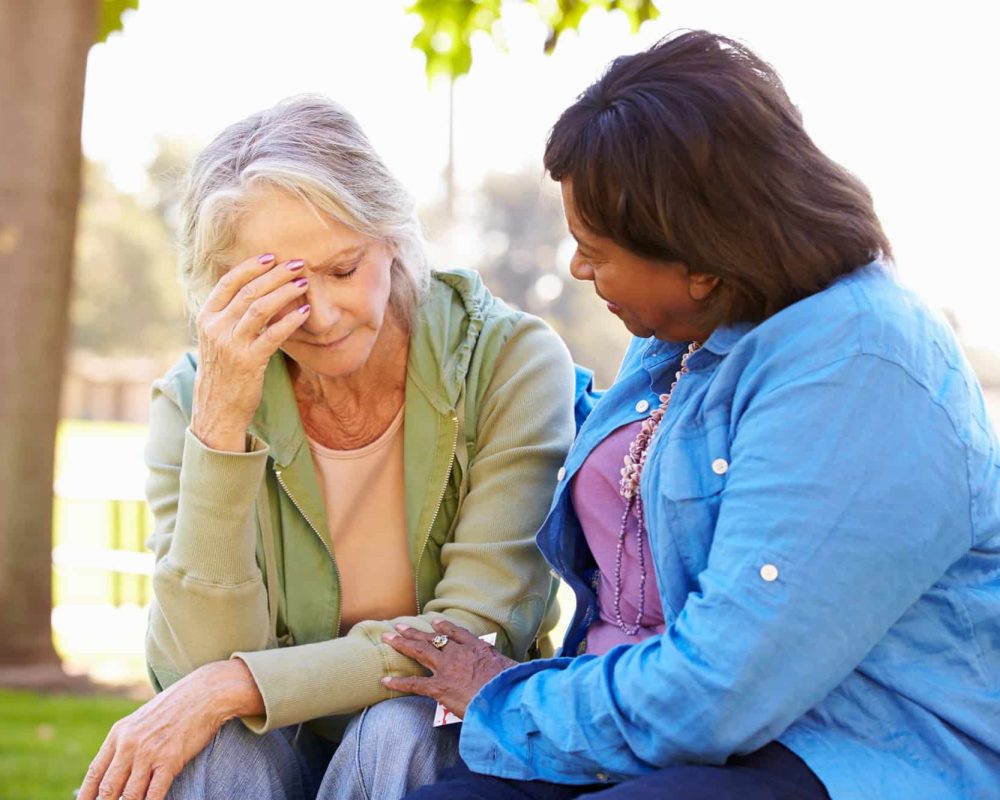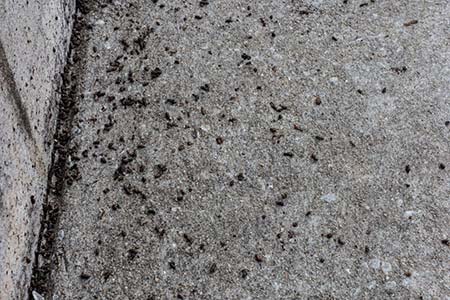When tragedy strikes, there’s often not much time to grieve. You might feel like you have to be strong for others. For many, instinct takes over, and we jump on a to-do list rather than taking time to process the event.
Sooner or later, though, grief kicks in. It could be weeks or even years after a tragic event, such as losing a loved one, before we start to feel the effects of grief. Your thoughts, emotions, and even physical symptoms might be overwhelming, frustrating, and confusing.
However, the best way to handle grief is to face it head-on. Understanding what grief is and what to expect during the grieving process will help you feel grounded and better understand what’s happening in your mind and body.
What is Grief?
Grief is normal when you lose someone or something you loved. One of the most intense types of grief is when a loved one dies. However, you may also feel grief from losing your home, your health, a pet, or your sense of safety.
Grief affects more than your mood. Because of the intense emotions, eating, sleeping, exercising, and other activities necessary to your health could suffer. When those habits go by the wayside, physical symptoms start to set in. As a result, you might notice you get sick more often, your weight fluctuates, and chronic conditions begin to appear.
When you work through your grief, you can come to terms with the loss and move forward with your life.
Working Through the Grieving Process
Everyone grieves differently. For some, openly crying and sharing the pain immediately after an event is helpful. Others tend to turn inward to address their pain, and it may take longer for them to process the grief.
Don’t rush or pressure yourself by thinking, “I should be over this by now!”. You have to understand that there isn’t a right amount of time to grieve. Just be patient with yourself and let it come naturally.
How to Grieve
Everyone grieves differently and at different rates. If you feel uncertain about the emotions you’re experiencing, try the following steps.
- Acknowledge the pain and identify its cause. Ignoring it will only make it more challenging to deal with in the future.
- Accept the emotions that grief triggers. Cry if it’s natural for you. If you don’t cry, don’t feel bad. You may express grief differently.
- Don’t expect your grief to follow a specific order of events. The “5 Stages of Grief” don’t apply to everyone.
- Get support from friends, family, and, if needed, a professional.
- Alone time may be necessary for processing your grief, but be careful not to isolate yourself.
- Take care of yourself physically. Eating, sleeping, and exercising as regularly as possible is vital to coping with grief.
- Recognize the difference between grief and depression so you can get help accordingly.
When Facing a Tragedy
Losing a loved one not only causes you pain and heartache, but it gives you a long list of “to-dos” after the fact. Biohazard cleanup is emotionally damaging and physically unhealthy if not done correctly. If you’ve dealt with the unfortunate loss of a loved one, give the professionals a call at Austin Bio Clean so you can take the time you need to grieve your loss and move forward.




